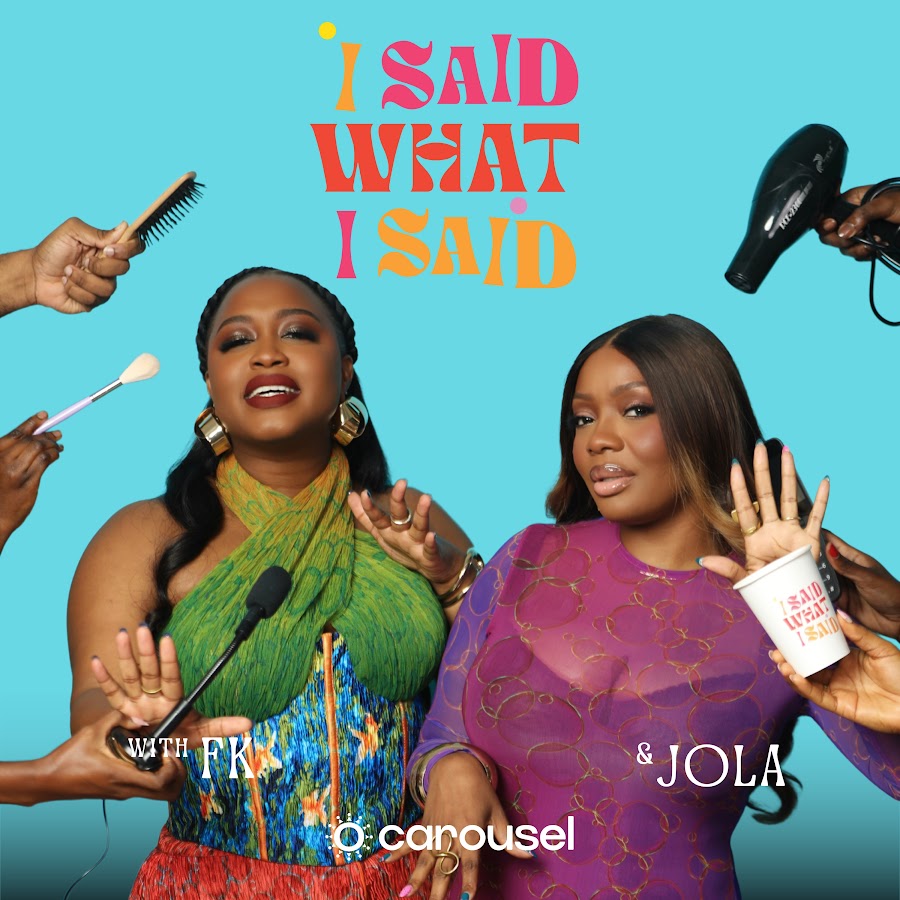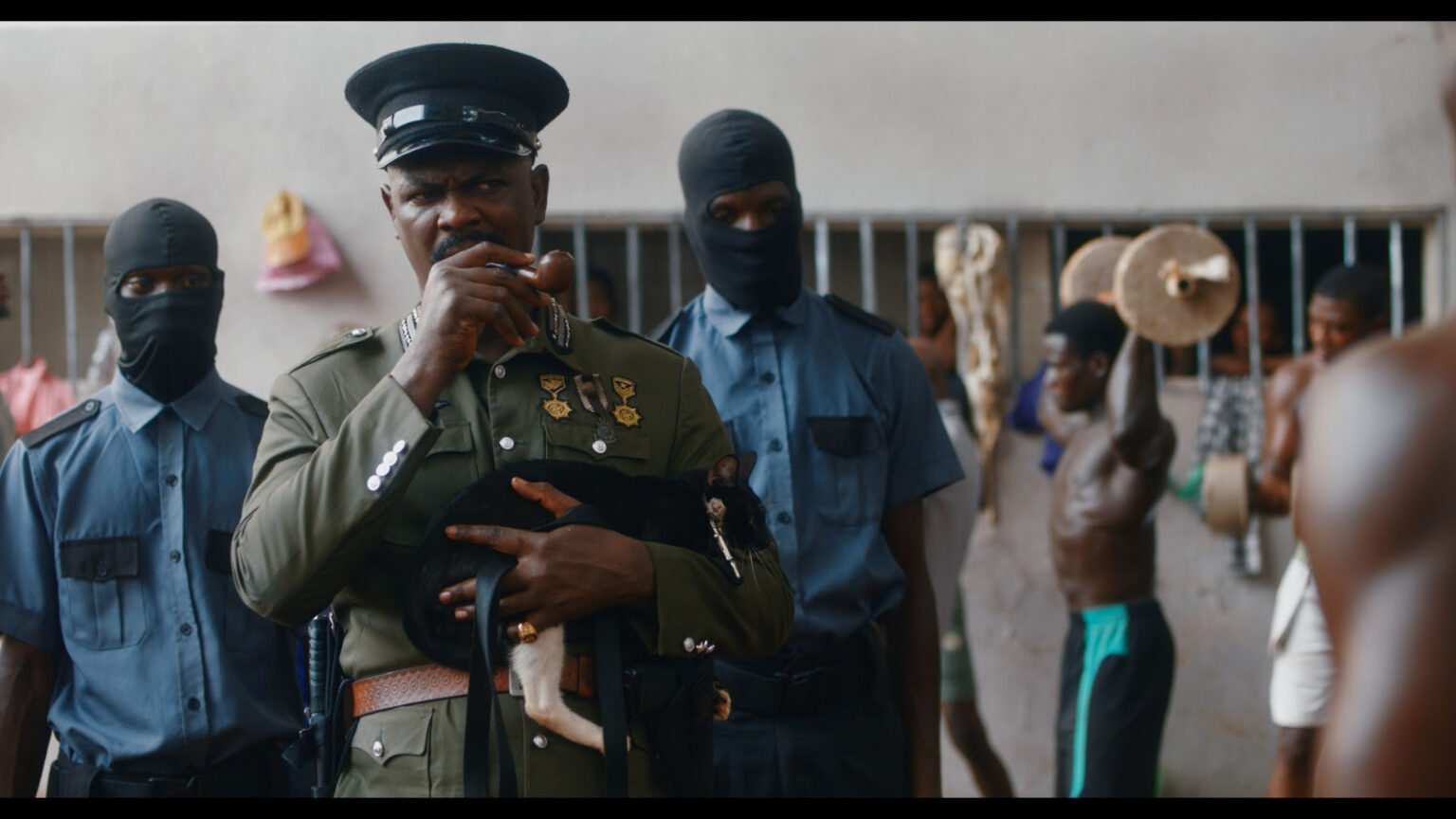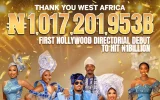Nollywood has come a long way from its direct-to-video era. What started as a home video industry has evolved into a multi-billion-naira box office powerhouse, with films consistently competing with Hollywood imports in Nigerian cinemas. But what makes a Nollywood film a blockbuster today?
The Rise of Cinema-Ready Nollywood Films
In the early 2000s, Nigerian films were broadly distributed via DVDs and VCDs, but by the mid-2010s, there was a shift toward theatrical releases. Films like Kunle Afolayan’s The Figurine (2009) and Chineze Anyaene’s Ije (2010) proved that Nigerian audiences were willing to pay to watch local films on the big screen—if the quality was worth it.
The game-changing moment came in 2016 with Mo Abudu’s “The Wedding Party,” a romcom that grossed a record-breaking ₦452 million and became the highest-grossing Nollywood film at the time. Its success established a winning formula that film producers follow today: high production value, a mix of comedy and romance, and star-studded casts.
Since then, Nollywood blockbusters have only gotten bigger, with record-smashing films like:
- Funke Akindele’s Everybody Loves Jenifa (2024) – ₦1.88 billion (highest-grossing Nollywood film of all time)
- Funke Akindele’s A Tribe Called Judah (2023) – ₦1.4 billion
- Olaoluwa Ogunlade’s Adire (2024) – ₦534 million
- Adeoluwa Owu’s Queen Lateefah (2024) – ₦365 million
- Niyi Akinmolayan’s The House of Secrets (2023) – ₦270 million
What Makes a Nollywood Blockbuster Today?
The definition of a blockbuster has changed. Initially, films that crossed ₦100 million were considered major hits, but today, anything under ₦500 million barely makes the big leagues.
Some key elements that make a Nollywood film a box office success include:
- Big-Name Actors & Influencers:
Popular actors like Funke Akindele, Femi Adebayo, and Ramsey Nouah continue to draw audiences. However, the rise of BBNaija alums like Tobi Bakre, Diane Russet, and Mercy Eke in major films also influences box office numbers. Their large fan bases translate into higher ticket sales.
- Comedy & Drama Dominate:
While horror and action films struggle in Nigerian cinemas, comedy and family-friendly dramas continue to be the most successful genres (A Tribe Called Judah, The Wedding Party, Chief Daddy).
- Bigger Budgets & International Influence:
Filmmakers invest more in production quality, CGI, and marketing, making Nollywood films more competitive globally.
The Future of Nollywood in Cinemas
Even with its rapid growth, Nollywood’s cinema industry still faces some obstacles. For instance, limited cinema screens, Hollywood competition, and high ticket prices make it difficult for Nigerian films to reach wider audiences. However, with the emergence of streaming platforms like Netflix and Amazon Prime investing in Nollywood, the industry is finding new ways to expand beyond box office earnings.
The evolution of Nollywood blockbusters proves that the industry is no longer just about quantity but quality and strategy. With bigger budgets, new stars, and evolving storytelling, Nollywood is on a path to becoming a dominant force in global cinema.














